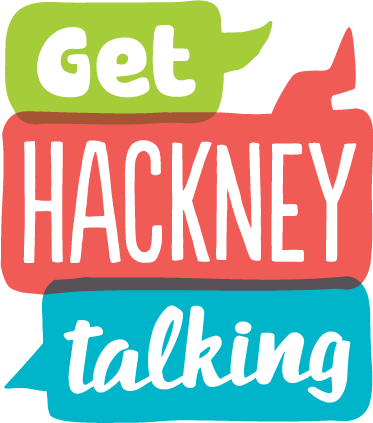Children always learn to understand new words before they start to use them. Have a look at the games below and think about how you can help your child to understand both at home and when out and about.
At home
- I am looking for …… When your child has some toys out say something like ‘I am looking for a car, help me find the car.’ Extend this by adding more specific instructions ‘I am looking for the little fireman’ or ‘I am looking for a yellow sheep.’ You can also give a clue such as ‘I am looking for something for teddy to eat.’
- Run upstairs and get…. Get those little legs working by sending them to get simple things such as socks, bibs or nappies. Once they can get one thing see if they can understand more specific instructions such as your blue socks, Mummy’s jumper or big bunny.
- Special time. Give your child a special gift: your time! Let them know for the next 15 minutes you are just going to listen and play with them. You will need to turn off your phone. Make this part of your routine and it can become a really relaxing time for you as well. Use simple language and comment on the things your child is paying attention to.
- Story books. Reading books to your child is a great way to develop your child’s language. You could use props, acting and different voices. For older children talk about what you have read together to further develop their understanding.
- A story about me. With your child talk about your child’s life story in a traditional story structure. Leave gaps for your child to add the content that relates to him/her. Like this: ‘Once upon a time there was a little boy called……(child says) he lived in a house/flat with …….. His mummy and daddy loved him. He liked to do lots of things like …. but his favourite thing to do was……. He goes to nursery with …… He gets there by …… When he gets to nursery he likes to ….. When he comes home he has dinner and then…. and then snuggles up and goes to …..
- Tell a story from your childhood. Traditional stories are important for developing language but also culture. If you feel creative you can of course use props such as puppets or draw faces on your fingers to improvise.
Out and about
- I’ve forgotten! Tell your child to remember what you are going to buy in the shops, what is for dinner or where you are going. A little later stop and say ‘oh no I have forgotten’ and ask them to remember. Give them clues if they need help, but see if they can recall it.
- Where are we going? Before you go somewhere familiar give your child clues such as ‘today we are going to go somewhere where you can play, kick a ball and go on the swings. We are going to go the …….’
- Explore your local library. As well as books they will have tapes and events to develop speaking and listening. Your nearest library is at http://www.hackney.gov.uk/cl-libraries.htm or http://www.cityoflondon.gov.uk/services/libraries-and-archives/lending-libraries/Pages/default.aspx
- “Hands on”. Talk about ‘hands on’ experiences as they arise. When you smell something (good or bad) talk about words to describe it. Touch things. Talk to your child about how it feels. Instead of words like ‘good’ or ‘nice’ use a more precise word, such as ‘rough’ or ‘prickly’.


